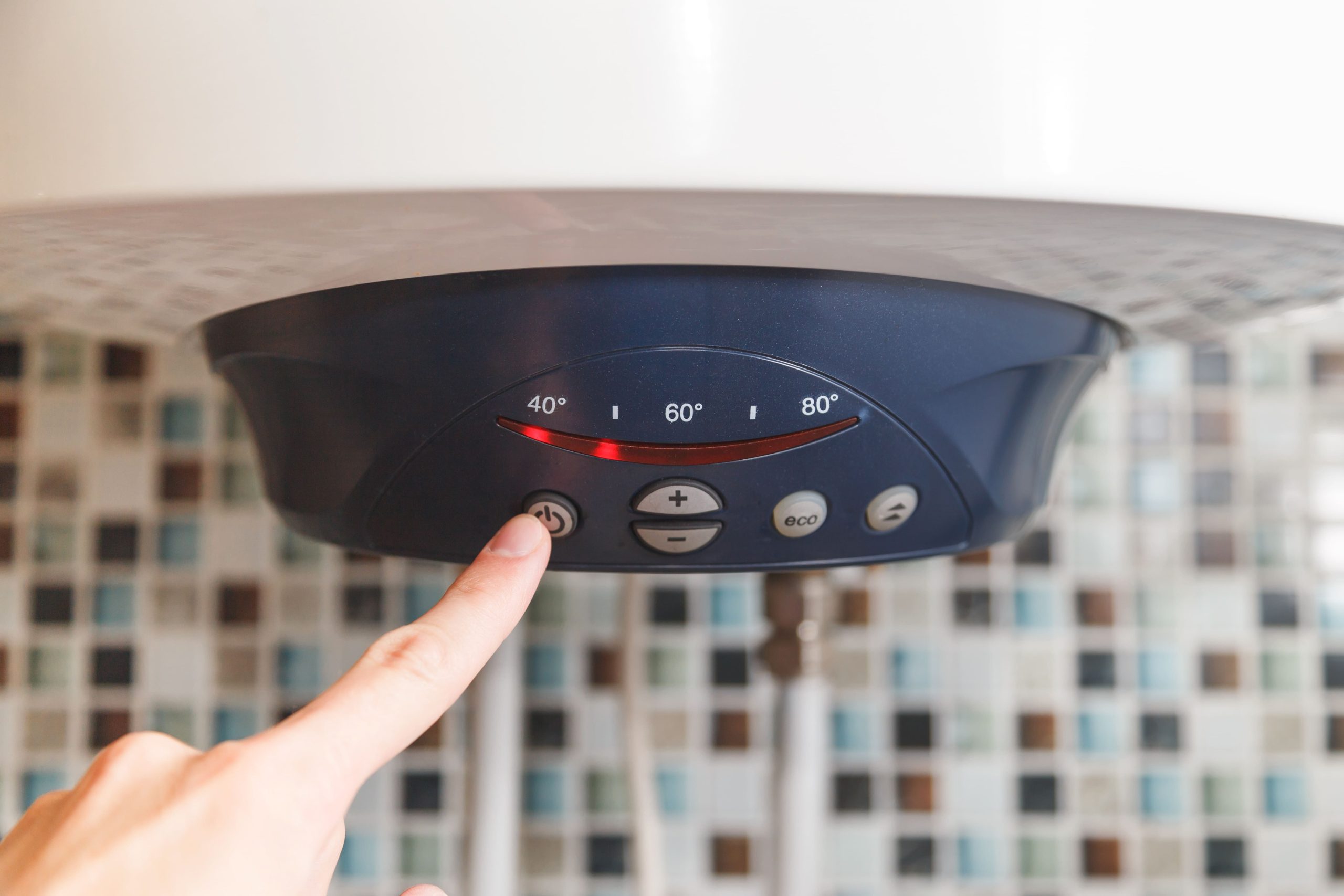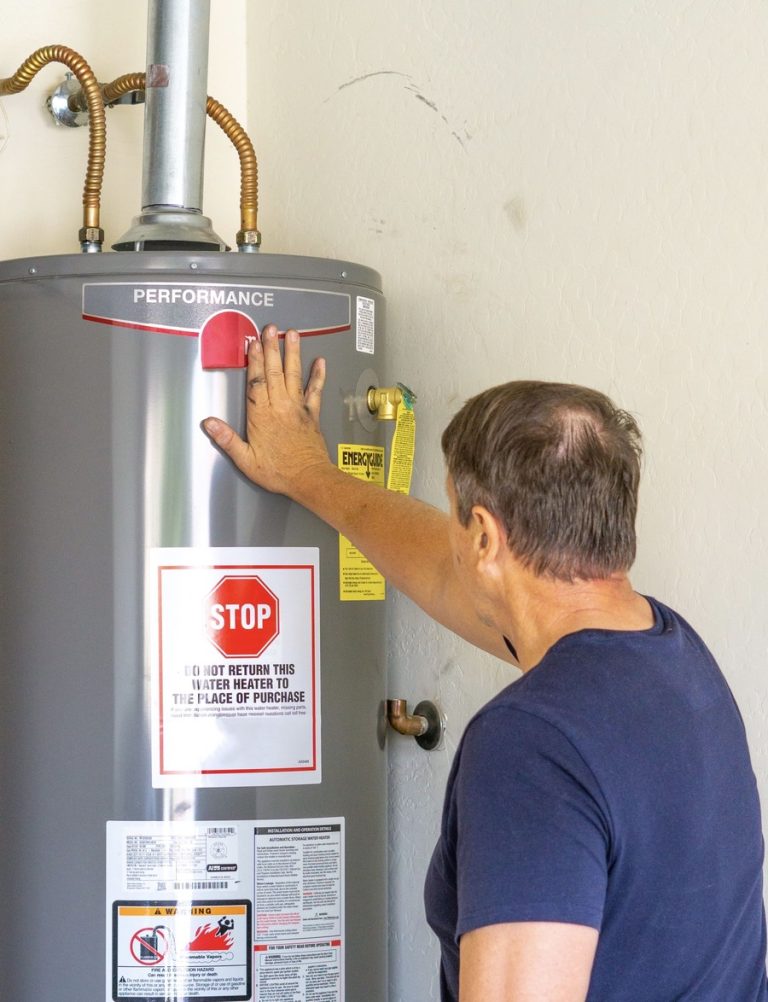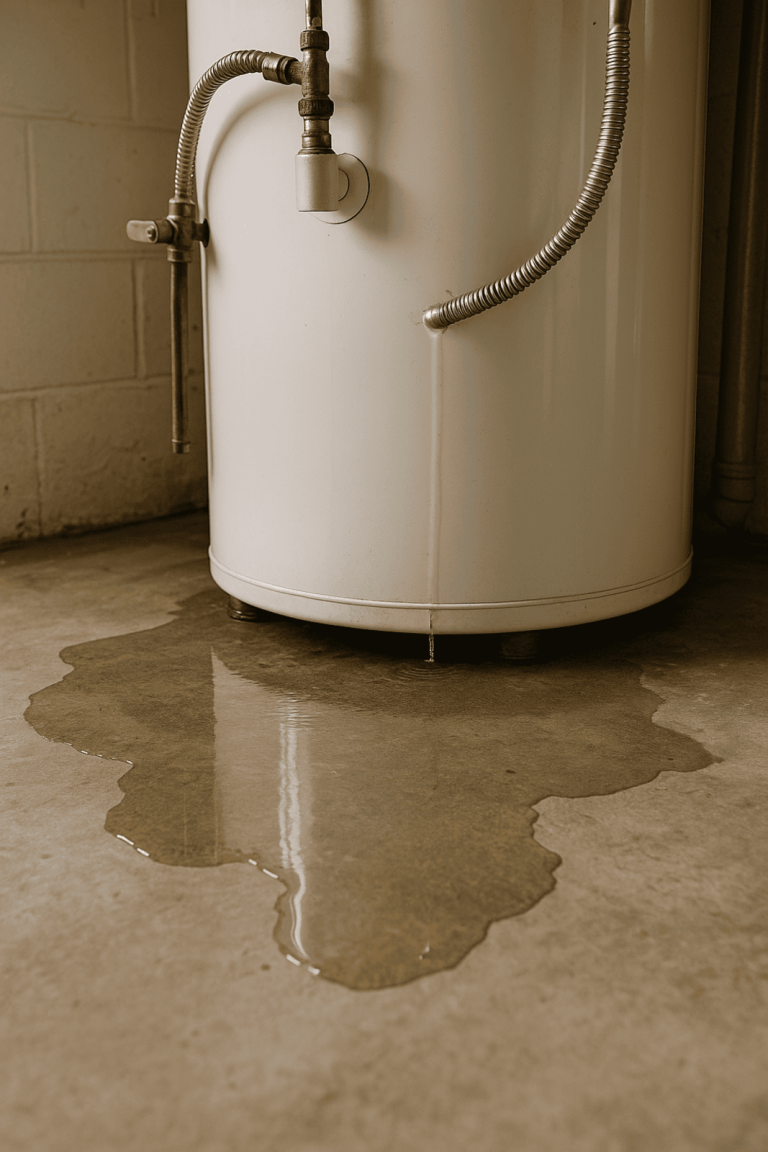Electric Water Heater
Electric Water Heaters Explained: Types, Benefits, Efficiency, and Maintenance for Residential and Commercial Use. An electric water heater is a…
Electric Water Heaters Explained: Types, Benefits, Efficiency, and Maintenance for Residential and Commercial Use.
An electric water heater is a crucial appliance in many homes, providing the hot water needed for bathing, cleaning, and cooking. Homeowners frequently choose these units for their effectiveness and adaptability, especially in areas without access to gas systems. If you’re looking to learn about electric water heating unit, their types, benefits, and maintenance, this guide covers everything you need to know.
Whether you’re researching for a new water heating system, planning an installation, or exploring energy-efficient options, this article will help you make an informed decision.
Why recommendation of Electric Water Heater?
Electric water heating unit are known for their simplicity, versatility, and reliability. Unlike gas water heaters, these units run entirely on electricity, making them suitable for residential areas without gas connections. Their installation is straightforward compared to gas systems, potentially lowering labor costs.
One of their standout features is energy effectiveness, especially in modern models like hybrid heat pump water heaters. These designs use advanced technology to reduce electricity consumption while delivering consistent hot water. Additionally,electric geyser come in a variety of sizes, catering to different household needs. Options range from compact designs for smaller homes to large tanks capable of holding up to 80 gallons of water.
Heat Pump Water Heaters (Hybrid Models): Eco-Friendly and Energy-Saving Features
Choosing the right electric geyser depends on your household size, water usage, and preferences. These are the primary types to consider:
1. Electric Tank Water Heaters
The most common type of water heater is the electric tank water heater. These units feature a storage tank that heats and stores water until it’s ready for use. They come in different capacities, typically ranging from 20 to 80 gallons.
For homes with high water demand, tank water heaters provide a reliable supply of hot water, ensuring convenience during peak times like morning showers or evening dishwashing. However, they do have some energy loss due to “standby heat,” which occurs as water in the tank cools when not in use.
2. Heat Pump Water Heaters (Hybrid Models)
A heat pump water heater, or hybrid heat pump water heater, is an incredibly efficient option. These models use a heat pump to transfer heat from the surrounding air into the water within the tank. By relying on ambient air energy, they require significantly less electricity than traditional systems.
Hybrid heat pump water heaters work best in warm climates, as they depend on warm air for maximum effectiveness. Despite a higher upfront cost, the long-term savings on energy bills often make these devices a worthwhile investment.
3. Choose the Best Tankless Electric Water Heater
For those seeking a space-saving solution, tankless electric water heaters are an excellent choice. These systems heat water as it flows through the unit, eliminating the need for a storage tank. This design is both energy-efficient and capable of supplying hot water indefinitely.
However, they’re not without drawbacks. A tankless water heater may have difficulty keeping up with high water demand, particularly if multiple fixtures are in use simultaneously. Additionally, their installation can require specialized plumbing work, increasing initial expenses.
Key Benefits of Electric Water Heater
Whether you choose a traditional tank model or a modern composite, electric geyser offer several notable benefits:
- Energy Efficiency
Contemporary designs with high Uniform Energy Factor (UEF) ratings ensure lower energy consumption. Options like the hybrid heat pump water heater excel in minimizing electricity costs. - Ease of Installation
Electric units have fewer requirements compared to gas heaters, simplifying the installation process. This can be particularly advantageous in homes without existing gas lines. - Cost-Effectiveness
While electric units might have slightly higher operational costs than gas systems, they are typically cheaper to purchase and install upfront. Advanced models with improved effectiveness can offset these expenses in the long term. - Safety
Because they don’t use gas, electric geyser eliminate risks such as gas leaks or carbon monoxide exposure, providing peace of mind for homeowners.
Factors to Consider When Choosing an Electric Water Heater
Picking the right electric geyser involves evaluating practical aspects like size, longevity, and efficiency. Here’s what to keep in mind:
1. Size and Nominal Tank Capacity (gallons)
Your household size and water demand play a significant role when selecting a tank capacity. For smaller households, a 30- or 40-gallon unit may be sufficient, whereas larger families should consider 50- to 80-gallon options to meet their needs.
2. Energy effectiveness Ratings
To determine a unit’s energy consumption, look for the Energy Factor (EF) or Uniform Energy Factor (UEF). Models like composite heat pump water heaters generally perform better in terms of energy effectiveness, making them suitable for eco-conscious homeowners.
3. Warranty and Reliability
Most manufacturers offer warranties ranging from 6 to 12 years on their electric water heaters. A longer warranty period not only protects your investment but also indicates the product’s durability. Always review the warranty terms to understand what is covered.
4. Installation Space
For homes with limited space, tankless models are often the best choice because they forgo a bulky tank. On the other hand, larger storage systems require adequate room for both the tank and its supporting mechanisms.
5. Initial and Maintenance Costs
While electric water heaters are easier and generally cheaper to install than gas systems, additional expenses may arise if extra plumbing work or electrical upgrades are necessary.
Proper Maintenance for Electric Water Heaters
Regular upkeep ensures your water heater operates efficiently and lasts as long as possible. Follow these steps to keep your system in great shape:
- Flush the Tank Regularly
Sediment buildup in the tank can impair performance and shorten the unit’s lifespan. Drain and clean your tank annually to prevent this issue. - Inspect the Anode Rod
This component helps prevent rust inside the tank. Replace it every 2-3 years or sooner if it shows significant wear. - Adjust the Thermostat
Set the thermostat to 120°F to strike a balance between sufficient heat and energy savings. - Check for Leaks
Periodically inspect your unit for leaks to avoid costly repairs down the line. Catching leaks early keeps the warranty and efficiency intact. - Review Warranty Terms
Keep your warranty documents on hand and address any issues promptly to stay covered.
Where to Buy an Electric Water Heater: Electric Tankless, Residential, and New Models
Finding a suitable store to purchase your water heater is key. Major retailers often carry a variety of models, from standard tank systems to advanced composite, allowing you to compare prices, features, and customer reviews. Buying from a reliable store ensures high-quality products and better customer service.
Conclusion: Eco-Friendly, Hybrid, and Residential Electric Water Heater Recommendations
Electric water heaters are practical, adaptable, and designed to meet the diverse needs of modern households. Whether you choose a tank water heater, a heat pump water heater, or a tankless system, the right model can enhance your home’s comfort while improving energy effectiveness.
When shopping, consider factors like size, energy ratings, warranty, and installation requirements to make an informed decision. Don’t forget that proper maintenance, such as flushing the tank and checking its components, can significantly extend the lifespan of your unit.
With a well-chosen electric water heater, you can enjoy consistent hot water for years while benefiting from energy savings and reduced environmental impact.



